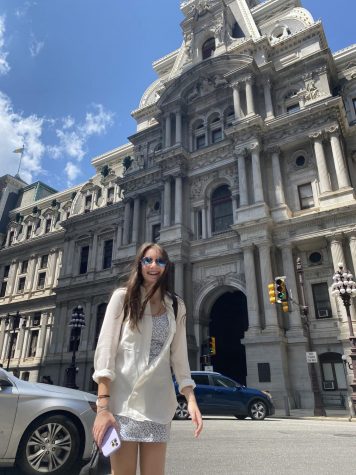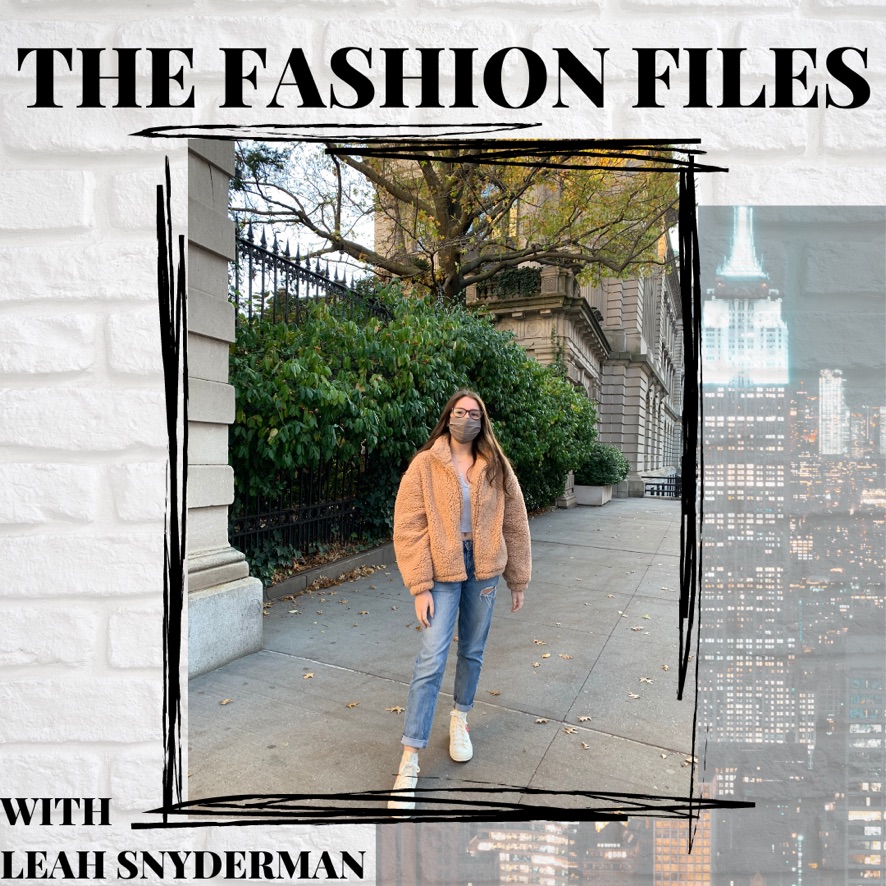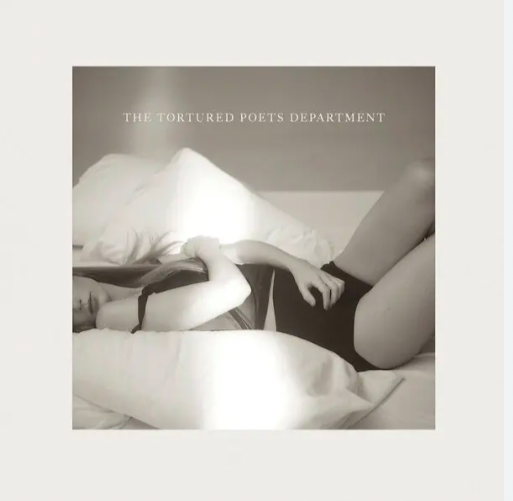The Fashion Files: A Seasonless Industry
But times are changing as always. A few months ago, Yves Saint Laurent announced they are going seasonless. They are pulling out of the fashion calendar and holding two shows a year whenever they want to as an attempt to “take ownership of its calendar and launch its collections following a plan conceived with an up-to-date perspective, driven by creativity,” Saint Laurent announced.
Leah Snyderman writes on all things fashion from industry updates, to collection reviews, to style tips in her column “The Fashion Files.”
The fashion industry never spends too much time in one place. It’s constantly changing to keep up with new trends and technology as the years go on.
Before the world shut down, many designers were already changing the traditional fashion shows and deliveries. This traditional way of delivering collections is becoming obsolete.
Usually during Fashion Week, designers hold runway shows for editors and store buyers. The day after the runway shows, buyers would stop by designer showrooms and place their orders for their stores and clients with delivery expected in about 6 months for the next season. This all started to change in about 2011 with the rise of Moda Operandi. This website cut out the buyers by selling directly to the consumer, targeting the high end clientele while sticking to the same pre-order 6 months in advance.
As the world began to change and magazines were deemed “less important” with the rise of Instagram and influencers, we lost the ability to wait. Today, the fashion world has more of an instant gratification target audience. You see something on the runway through a celebrity or influencer’s Instagram story and want it immediately. Why wait for the next season when you could sport the look tomorrow? Who cares if the collection was meant to be worn in September, but it’s still only February? The clientele of these high end brands typically have the money to just fly somewhere warm anyways.
Not only has the fashion world been changing with deliveries, the CFDA and their counterparts in other major cities are rethinking how to make fashion week work during a global pandemic. The seasons consist of Spring/Summer, Resort/Cruise, Fall/Winter and Haute Couture which is specific to Paris. The weeks for Spring/Summer and Fall/Winter run consecutively, making it Fashion Month for editors who go from city to city to see these shows. Over the years, the shows for Resort/Cruise have turned into more of a publicity stunt. Fashion Week is a staple of the fashion industry; it’s a straight month dedicated solely to fashion.
But times are changing as always. A few months ago, Yves Saint Laurent announced they are going seasonless. They are pulling out of the fashion calendar and holding two shows a year whenever they want to as an attempt to “take ownership of its calendar and launch its collections following a plan conceived with an up-to-date perspective, driven by creativity,” Saint Laurent announced.
Just weeks later, Gucci’s creative director Alessandro Michele said through a poetic Instagram post that the brand would be doing the same. He included a collection of notes he wrote throughout Italy’s lockdown in which he reflected on his purpose and contributions to the fashion industry.
“I will abandon the worn-out ritual of seasonalities and shows to regain a new cadence, closer to my expressive call. We will meet just twice a year, to share the chapters of a new story. Irregular, joyful and absolutely free chapters, which will be written blending rules and genres, feeding on new spaces, linguistic codes and communication platforms,” Michele wrote.
Both Gucci and YSL are owned by French conglomerate Kering, who also owns Alexander McQueen, Balenciaga, Stella McCartney and more. They dominate the luxury industry alongside LVMH, who own Louis Vuitton, Dior, Fendi and Celine. LVMH has been silent regarding Gucci and YSL’s call for change, but they have the power and the money to back their designer’s whims. As titans of the industry, they will pave the way for smaller houses to follow.
The pandemic has prompted big brands to abandon the traditional seasonal approach to shows. As the world continues to adapt and turn digital, the fashion industry is no exception, and we will definitely be seeing more virtual runways. Maybe this pandemic was just another push for fashion to keep up with the times.












